Keywords: Social Justice Statement
There are more than 24 results, only the first 24 are displayed here.
Become a subscriber for more search results.
-
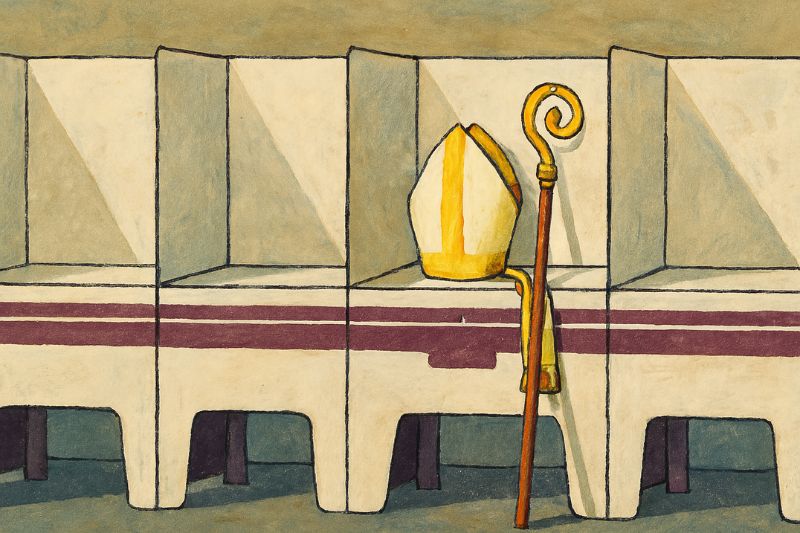
RELIGION
- John Warhurst
- 10 April 2025
As Australia approaches a federal election, the bishops have offered a statement of gentle encouragement themed around hope. Yet in its caution and generality, it raises questions about missed opportunities for moral clarity, national relevance, and a more engaged voice in public life.
READ MORE
-

AUSTRALIA
As Australia heads toward a federal election, the government’s latest budget offers relief but fails the deeper test of justice. In a nation facing rising inequality and entrenched disadvantage, what’s missing is a vision anchored in the common good, a politics that serves not just voters, but the voiceless.
READ MORE
-
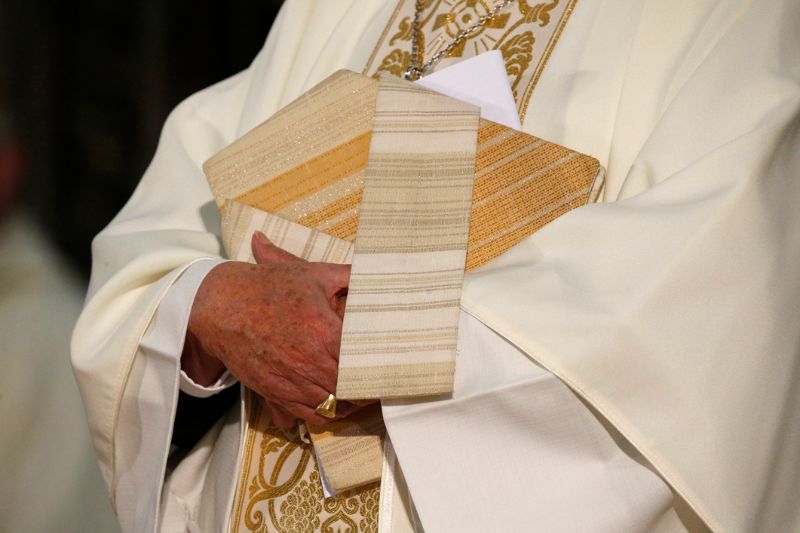
RELIGION
- John Warhurst
- 25 March 2025
As Australia approaches another federal election, the Catholic Church, long ambivalent about democratic politics, prepares to weigh in. Its official statement could play it safe, as in years past — or it could offer a deeper moral vision, confronting the global drift toward division with the quiet radicalism of synodality.
READ MORE
-

INTERNATIONAL
- Anonymous
- 20 February 2025
Myanmar’s military-led turmoil drives millions from their homes, bombs local communities, and keeps democracy icon Aung San Suu Kyi behind bars. Once a nation of proud heritage and abundant resources, it now teeters on social and economic collapse. Our deep dive examines an enduring crisis and the determination powering an urgent call for change.
READ MORE
-

RELIGION
- Emma Carolan
- 19 February 2025
Amidst a rise in antisemitism globally, some in the Jewish community have raised concerns about echoes of historic anti-Judaism resurfacing within the Church. While Catholic leaders condemn overt hate, has the Church fully confronted its entrenched biases, or do old prejudices still affect its response in ways that go unnoticed?
READ MORE
-
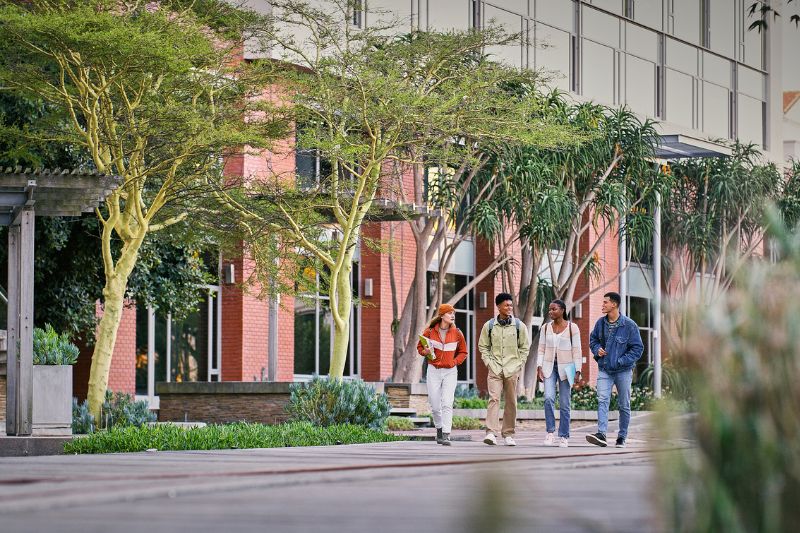
EDUCATION
- Erica Cervini
- 14 November 2024
4 Comments
At an ACU graduation event, students walked out in protest as Joe de Bruyn gave an address condemning abortion, single-parent IVF, and same-sex marriage. The event highlights tensions for Catholic institutions trying to balance traditional Catholic values while also embracing often opposing perspectives a diverse, pluralistic society.
READ MORE
-

AUSTRALIA
- Binoy Kampmark
- 31 October 2024
3 Comments
Two narratives dominate Australia’s view of children. The first casts them as dangerous, irredeemable offenders. The second, as vulnerable innocents threatened by risks online. Both anxieties reveal deep-seated tensions over safety, innocence, and societal responsibility.
READ MORE
-
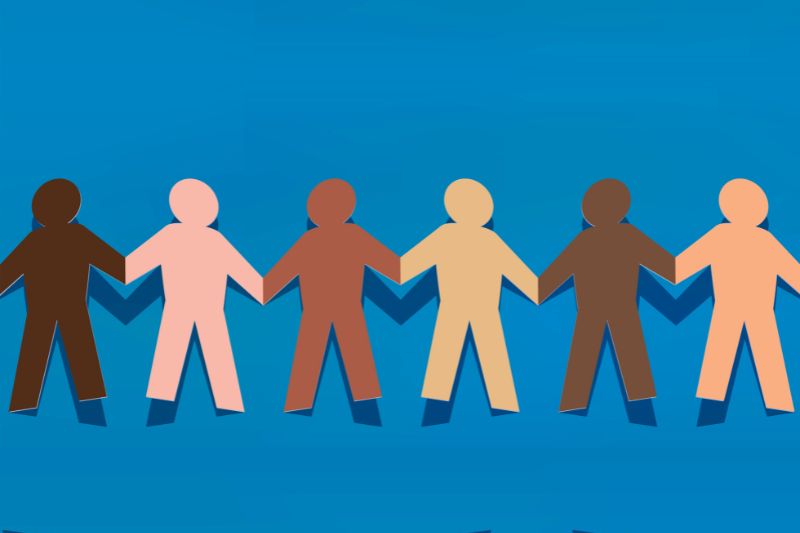
AUSTRALIA
- Joseph Camilleri
- 28 August 2024
3 Comments
As Australia faces numerous moral crises from domestic inequality to global militarization, a proposed national charter of principles could to reshape our society and redefine our global role. This declaration would acknowledge Indigenous dispossession, prioritize human rights, and shift focus from military alliances to human security.
READ MORE
-

RELIGION
- Andrew Hamilton
- 21 August 2024
3 Comments
This year’s Social Justice Statement is ambitious in its scope. From the ravages of war to the erosion of truth, the statement challenges us to confront the root causes of our divisions and seek a path toward a more just and peaceful future.
READ MORE
-
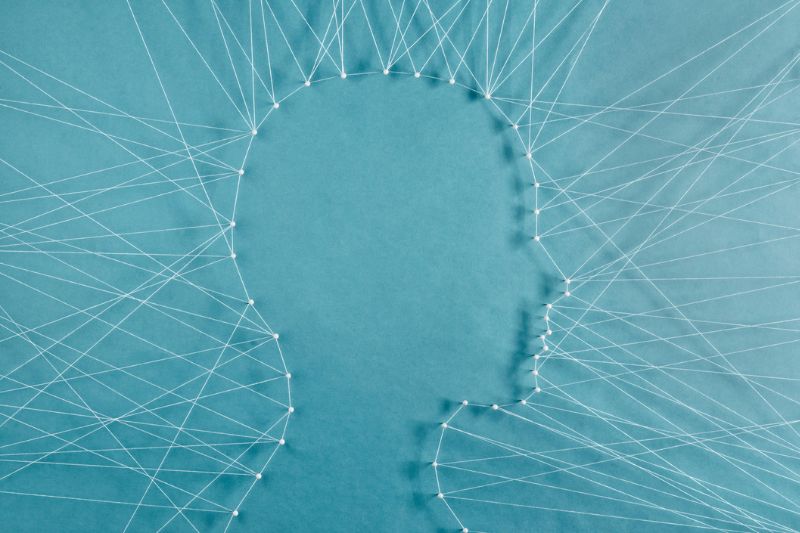
AUSTRALIA
- Anthony N Castle
- 04 July 2024
The National Autism Strategy is the first coordinated national approach designed to support autistic people at each stage of life. But the draft strategy’s lack of conclusions has provoked some frustration and unless more autistic people are truly heard we won’t arrive at the practical solutions they need.
READ MORE
-

AUSTRALIA
- Michael McVeigh
- 01 July 2024
1 Comment
Last month, the Australian Catholic Bishops Conference released a pastoral statement on religion and sport. And while commending sport’s ability to promote growth in individuals and foster healthy communities, if sport is to be a field of mission, it should be more willing to dive into those places where the 'bruises' occur.
READ MORE 
-

AUSTRALIA
- John Chesterman and Ilan Wiesel
- 01 March 2024
1 Comment
The key to combatting increasing levels of loneliness and social isolation will likely start in the way we think about cities, public spaces and social care to enable meaningful connections between people, and help to guard against harms caused by habitual loneliness. But we'll need to get creative.
READ MORE 